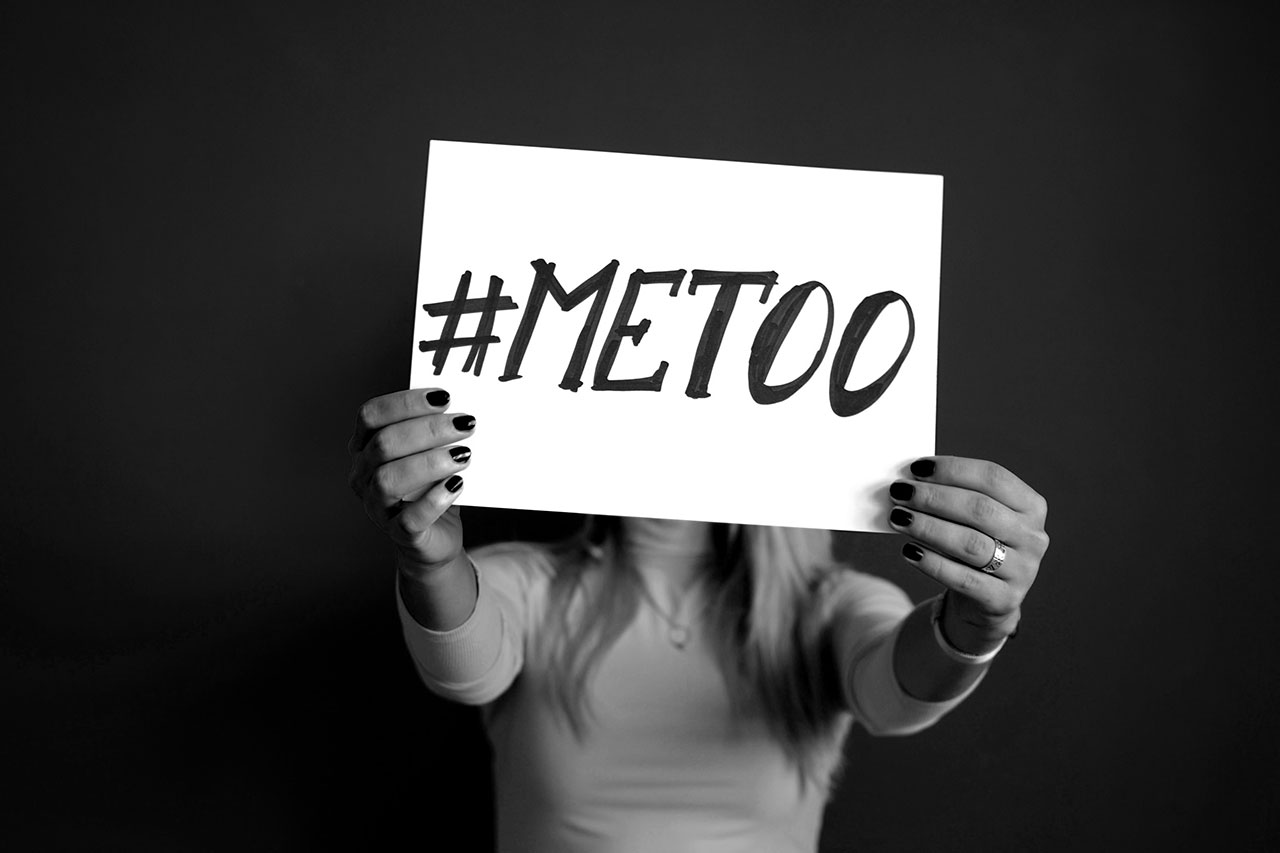For the past few days, personal accounts of sexual assault have begun popping up on my Facebook feed accompanied by the hashtag, #MeToo.
What started as a response to the allegations lodged against Harvey Weinstein in Hollywood have, surprisingly, reached Singapore’s shores. Yet I couldn’t help wondering if #MeToo would go the way of #JeSuisParis and #BlackLivesMatter, online movements that seem to have faded away as quickly as they surfaced.
At the same time, Singaporean men have started asking what they can do to make things better.
So here’s what we can all do right now.
If we see a supervisor outrightly criticising a female colleague with misogynistic remarks, we shouldn’t just plug in our earphones and go into hiding. Ignorance is not bliss.
Take for instance the recent scandal at Mediacorp, a state-owned company. This was an incident that should have sent the alarm bells ringing. However, not even Grace Fu, the Minister for Community, Culture and Youth, has commented on the issue.
When the women in power remain silent, stamping out sexism becomes an uphill battle. But this doesn’t meant that men can’t still play their part.
As a man, it starts from the little things such as realising the implications of the jokes we feel are acceptable because they happen “amongst the boys”. From discussing a girl’s proportions or talking about how “fuckable” someone is, even sharing screengrabs of girls’ Instagram accounts, these are all things that perpetuate a culture of objectification.
It might just be “bro humour” to us, but it can make us less empathetic towards women’s experiences. It’s no surprise then when some of us laugh off the inability of women to accept “crude humour”, and accordingly make light of their experiences.
These are the little ways in which men become complicit in perpetuating sexual harassment—and explains why many victims stay quiet.
I should know.
Back in National Service, a commander slapped my groin area while we walked past each other in camp. He then looked at me with a cheeky grin as he walked away.
On hindsight, I had every right to report the incident. But in that moment, I asked myself if this was just one of those stupid things that guys do. And considering that I had a good working relationship with my commander, there wasn’t a reason to blow up the matter when it was probably done out of pure jest.
Furthermore, if I did report my commander, chances are I would have ultimately suffered. Not only would I have soured this working relationship, any error or slight misconduct on my part would most certainly be used against me.
I’m sure similar thoughts must have gone through the minds of female victims of sexual harassment who are unsure of their next course of action.

Who knows how many companies in Singapore have managed to suppress incidents like Ms Juwon Park’s?
In France, the #MeToo campaign has already sparked a bill proposal by the country’s gender equality minister to fine people who engage in street harassment, including aggressive catcalls.
However, in Singapore, the status quo remains unchanged. And that is not a good thing.
According to Jolene Tan, head of advocacy and research at women’s rights group AWARE, Singapore still lags behind its Asian business centre counterparts like Hong Kong, Taiwan and South Korea when it comes to protection against workplace harassment.
The Tripartite Advisory on Managing Workplace Harassment, established in 2015, simply advises employers to develop a harassment prevention policy and train their staff on workplace harassment. It can’t be enforced, and it doesn’t mandate any consequences for inappropriate behaviour.
While it does recommend that companies implement reporting and response procedures, not all firms have done so as it isn’t mandatory either.
“Amending the Employment Act or enforcing a binding code of conduct for all employers would send a stronger message to employers,” Jolene says.
Sexual harassment has been an age-old problem.
As Yale law professor Reva B Siegel writes in Directions in Sexual Harassment Law (2003), “[S]exual coercion was an entrenched feature of chattel slavery endured by African-American women without protection of law … Americans often blamed women’s sexual predicament on women themselves; both slaves and domestic servants were often judged responsible for their own ‘downfall’ because they were promiscuous by nature.”
Almost two centuries later, little has changed.
The retaliation by misogynists and predators against #MeToo—trivialising the problem by condemning a woman’s fashion choice or “misinterpreted intentions”—only shows how deep-seated this ticking timebomb is.
It really shouldn’t be so hard to be a decent human being in 2017.
Yet in what has been called the age of political correctness, it’s inevitable that men end up asking themselves: what is the most appropriate response?
At the very least, the #MeToo hashtag poses some difficult questions to men. Have we confused harassment with flirting? Have we enabled sexual violence by laughing at stories of unwanted sexual advances committed by our buddies?
Regardless of the answer, and regardless of how the male response to #MeToo has been largely absent from my social media feed, there isn’t really a need to say anything.
We just need to start doing better.
Survivors of sexual harassment and assault can call the Sexual Assault Care Centre at 6779 0282 (Mon-Fri, 10am-midnight). More information on AWARE’s services can be found on www.sacc.sg.






